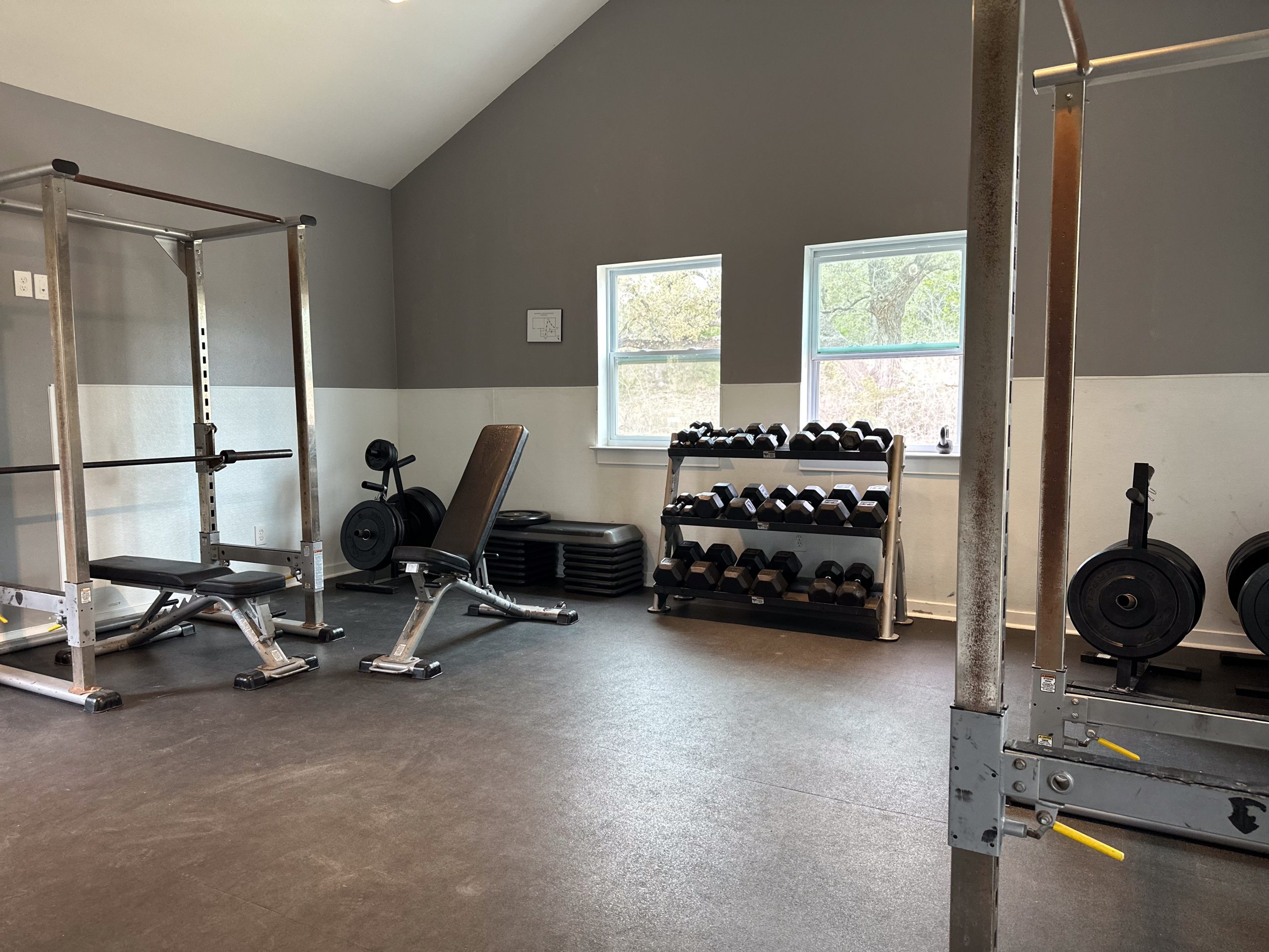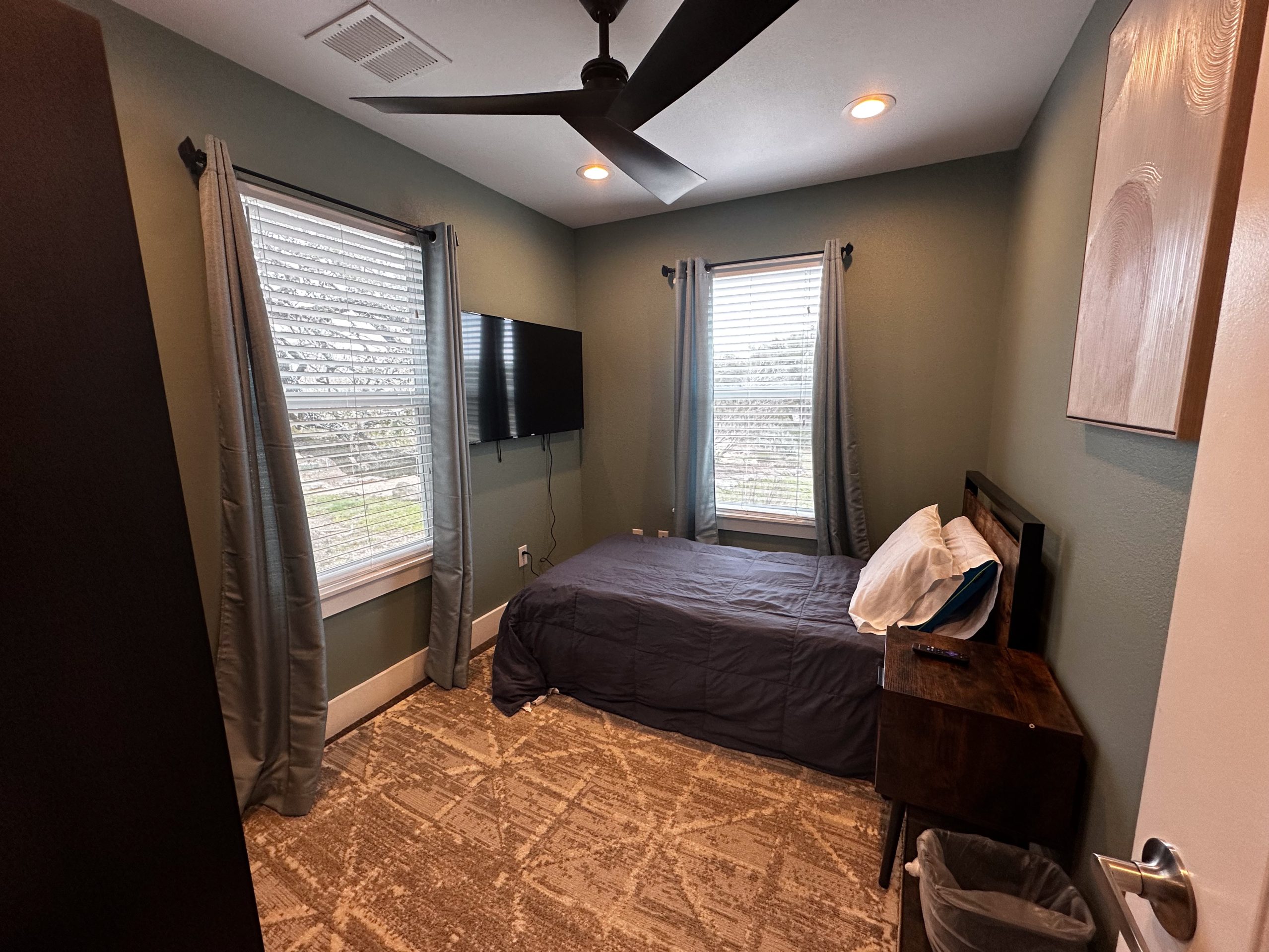Phenobarbital Addiction: Withdrawal and Treatment
GET HELP TODAY!
100% Confidentiality Guaranteed


What Is Phenobarbital (Luminal)?
Phenobarbital, commonly sold as Luminal, is a prescription drug that belongs to the barbiturate class. Doctors often use it for treating seizures and managing drug withdrawal symptoms.
By calming the central nervous system, it helps reduce brain activity. This can provide temporary relief from different health problems. However, phenobarbital carries a high risk of physical dependence when misused.
Is Phenobarbital Addictive?
Yes. Phenobarbital is classified as a Schedule IV substance because of its addictive potential. Even though it’s a legal medication, misuse can lead to addiction.
People may falsely assume that prescription drugs are safer than illegal substances. However, using phenobarbital outside medical guidance—such as combining it with alcohol or other types of drugs—can be harmful or even fatal. Long-term use also increases the risk of physical dependence and tolerance.










What Are Some Slang Terms for Phenobarbital?
Street names for barbiturates like phenobarbital include:
- Reds
- Barbs
- Yellow Jackets
- Red Birds
- Phennies
- Tooies
- Pinks
- Goof Balls
These names are often used in recreational or illegal contexts.
How Common Is Phenobarbital Abuse?
Many people in the U.S. misuse sedatives and tranquilizers every year. This information comes from the National Survey on Drug Use and Health. This includes drugs like phenobarbital.
Abuse is more common among individuals age 18 and older who obtain the drug without a prescription. Though doctors now prescribe phenobarbital less frequently, people continue to misuse it through illegal sales and diversion.
What Are the Side Effects of Phenobarbital Abuse?
Understanding what are the side effects of phenobarbital helps recognize abuse early. Misuse can produce short-term symptoms that resemble alcohol intoxication, such as:
- Slurred speech
- Loss of balance
- Drowsiness
- Confusion
- Aggressive behavior
- Lethargy
- Dizziness
- Nausea
- Sedation
Long-term effects may include:
- Memory loss
- Joint pain
- Increased risk of bone fractures
- Higher risk of developing dementia
- Coma or unconsciousness in severe cases
Overdoses can lead to delirium tremens, severe breathing problems, or death, especially without immediate medical treatment.
What Are the Signs of Phenobarbital Addiction?
Signs of addiction to Luminal include:
- Cravings or compulsive use
- Taking higher doses than prescribed
- Failure to cut back despite trying
- Prioritizing drug use over responsibilities
- Physical dependence and withdrawal symptoms
- Neglecting family members, work, or hobbies
- Emotional distress when not using the drug
If these symptoms are present, it’s time to seek help.
What Are Phenobarbital Withdrawal Symptoms?
Withdrawal symptoms of phenobarbital occur when someone physically dependent on the drug stops using it. These symptoms can range from mild to life-threatening and may include:
- Shaking or tremors
- Anxiety or irritability
- Hallucinations
- Insomnia
- Elevated heart rate
- High blood pressure
- Overactive reflexes
- Seizures
- Intense cravings
- Sweating and body temperature changes
These symptoms may vary depending on the type and amount of drug used, as well as the person’s overall health.
Can You Quit Phenobarbital Suddenly?
No. Suddenly stopping the drug is extremely dangerous. Phenobarbital withdrawal can cause seizures, hallucinations, or even death. This is why medical supervision is essential. A controlled, medically assisted taper within a detox program is the safest way to quit.
Under proper health care, a tapering plan can reduce risks and ease symptoms. Detox programs also offer continuous support to manage physical and psychological discomfort.
Education & Support
Is Phenobarbital (Luminal) Addictive?
Not sure what to do?
Tell us what’s going on. We’ll listen, answer questions about detox and next steps, and help you decide a plan that feels safe.
More Time. More Joy. More You. Start Now.
WE ACCEPT MOST INSURANCES







What Is Phenobarbital Detox?
Phenobarbital detox is a medically monitored process that helps individuals safely stop using the drug. During detox, trained medical professionals supervise patients and provide medication-assisted treatment to manage symptoms. This process often begins with a full assessment to check for co-occurring medical conditions or mental health conditions.
Medical staff monitor vital signs throughout detox. If necessary, healthcare providers give medications to reduce the severity of symptoms. They also offer counseling to address emotional and mental health issues.
How Long Does Phenobarbital Stay in the System?
No fixed timeline exists, as it varies depending on the person’s age, metabolism, health issue, and dosage. In general, phenobarbital can take between 24 and 72 hours to begin exiting the system. However, symptoms of withdrawal may continue for days or weeks.
This timeline can change based on the type of treatment a person gets. It also depends on other prescription drugs or substances involved. Because of this, experts often recommend extended care.
How Can I Safely Get Off Phenobarbital?
The best way to quit is through a structured detox program. Attempting to stop on your own is unsafe and often unsuccessful. Professional detox includes medical care, medication, and behavioral support to guide you through the process.
Once detox is complete, ongoing care is vital. Effective treatment options may include:
- Inpatient treatment
- Outpatient drug rehab programs
- Support groups
- Behavioral therapies
- Group therapy sessions
- Sober living environments
- Individual counseling
- Relapse prevention strategies
The level of care varies depending on each person’s needs.
Freedom Starts Here. Take Back Your Life Today.
Same-Day Admissions in Austin Available.
Inpatient vs. Outpatient Drug Rehab
Inpatient Treatment
Inpatient rehab involves staying at a treatment facility for 24-hour care. Services include:
- Supervised detox
- Structured therapy schedules
- Access to mental health professionals
- Group therapy
- One-on-one counseling
- Medical supervision and medication
- Social workers and recovery specialists
This setting is ideal for those with severe addictions or co-occurring disorders.
Outpatient Drug Rehab Programs
Outpatient programs allow individuals to live at home or in a sober living facility while receiving care. They attend therapy sessions multiple times a week and continue with work or school. These programs are often more flexible and cost-effective.
They are best for those with mild addiction or as a step-down level of care after inpatient treatment. Both settings promote long term recovery when paired with appropriate services.
Continued Care After Detox
Sober Living Homes
Sober living programs offer a stable environment with drug testing, peer support, and accountability. These homes encourage structure and community while allowing residents to rebuild their lives gradually. Most provide:
- Employment and educational assistance
- House meetings
- Rules to prevent relapse
- Connections to outpatient services
Living spaces are shared and supportive, which can enhance the recovery process.
Aftercare Programs
Aftercare focuses on long-term stability and preventing relapse. These programs often include weekly group counseling led by licensed professionals. Support groups like 12-Step or SMART Recovery also help maintain sobriety.
Aftercare keeps care consistent. It acts as a support system during significant life changes, like job loss or losing someone you love.
Other Outpatient Drug and Alcohol Rehab Locations
What Are Effective Treatment Methods?
The most effective treatment combines multiple addiction treatment methods, addressing both physical and emotional needs. This includes:
- Medication management during detox
- Behavioral therapies like CBT or REBT
- Family therapy involving loved ones and family members
- Group therapy with peers
- Support groups for shared experiences
- Medical professionals coordinating care
- Relapse prevention planning
- Holistic strategies like nutrition, exercise, and mindfulness
These tools improve quality of life and reduce the chance of relapse.
What Are the Risk Factors?
Several factors increase the likelihood of developing a phenobarbital addiction:
- Family history of substance use
- Co-occurring mental health conditions
- Ongoing physical pain or heart disease
- Past trauma
- High-stress environments
- Easy access to prescription medications
- Use of alcohol or other drugs
- Alcohol dependent
Addressing these factors with mental health professionals improves treatment outcomes.
Start Your Recovery From Phenobarbital Today
Recovery from phenobarbital addiction is possible with the right support, treatment options, and long-term planning. If you are dealing with strong drug withdrawal symptoms or want to avoid relapse, a professional detox program can help. Comprehensive care is important and can make a significant difference.
You can regain control of your life. You can do this with medical help, therapy, and access to drug rehab programs. These programs can be outpatient or inpatient. Don’t let prescription drugs control your future.
Contact Nova Recovery Center today. Take the first step toward better health, recovery, and a better life.
If you or someone you value is struggling with drug or alcohol addiction, help is available. Nova Recovery Center offers personalized phenobarbital detox and rehab programs built to support long term recovery. Call (512) 605-2955 to speak with a team member and begin your journey toward healing.
FAQ: Phenobarbital, Addiction & Recovery
What is phenobarbital, and what is it used for?
Phenobarbital—also known by brand names like Luminal—is a barbiturate-type medication primarily used to control seizures, including neonatal and status epilepticus, as well as for anxiety and insomnia in some cases.
Can phenobarbital be addictive?
Yes. The drug has a moderate potential for physical dependence and addiction, especially with long-term or high-dose use. The body develops tolerance, leading to increased dosages, and stopping it can trigger hazardous withdrawal symptoms.
What is Luminal?
Luminal is a branded form of phenobarbital—a barbiturate anticonvulsant/hypnotic—used to treat seizure disorders and occasionally anxiety or sleep issues.
What is barbiturate dependence and how is it managed?
Barbiturate dependence develops with regular use, leading to tolerance and withdrawal risks. Management often includes stabilizing patients on long-acting barbiturates like phenobarbital, then tapering gradually under medical supervision
What are withdrawal symptoms from phenobarbital?
Withdrawal can include anxiety, tremors, insomnia, nausea, dizziness, and—critically—seizures and hallucinations. Abrupt discontinuation may even be life-threatening.
How does medically supervised detox help?
Supervised detox, often involving a medically managed taper, reduces the severity and risks of withdrawal—particularly seizure risks—by easing the body off the drug gradually.
What are common signs of addiction and physical dependence?
Addiction may show through cravings, compulsive use, tolerance development, and continued use despite harm. Physical dependence is evidenced by withdrawal symptoms upon stopping the drug.
What are the side effects of long-term phenobarbital abuse?
Chronic use can lead to cognitive decline, respiratory and cardiovascular issues, decreased bone density, dermatological problems, and psychiatric symptoms like confusion or mood changes. Overdose risks include coma and death.
What options exist for inpatient and outpatient rehab?
Phenobarbital addiction is treated through medically supervised detox, followed by inpatient rehab or outpatient programs, often paired with behavioral therapy and support services.
How do sober living environments support recovery?
While not directly studied for phenobarbital-specific recovery, sober living provides a structured, substance-free transition between treatment and independent living—promoting relapse prevention and long-term recovery success.
What strategies help prevent relapse?
Relapse prevention often involves ongoing therapy, structured support networks (e.g. counseling, support groups), and safe recovery planning, particularly when tapering off drug use.
What does a safe recovery journey from phenobarbital addiction look like?
A safe recovery begins with a medically supervised taper, followed by comprehensive rehab (inpatient/outpatient), behavioral therapy, and continued support via relapse prevention planning and potentially sober living environments.






